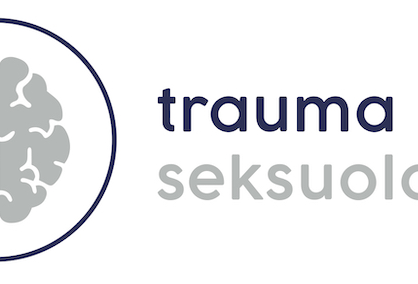Abuse...
Stress and sexual abuse are inextricably linked. When you consider that at least 1 in 5 people are involved in sexual abuse, the chance that stress will occur is not strange.
Often unconsciously.
Let alone that your body can get sick of it. Your body language and your cognition are not synchronous in terms of meaning. Illness arises.
Stress as a diagnosis
One of the causes of being ill is stress. There is not always sexual abuse, but what is stress at all? What causes stress?
Stress is already costing the Dutch business community more than 2 billion a year (figures from 2017).
It causes absenteeism, treatment processes and so on.
But what actually causes stress? There hasn't been much research into this yet, but many assumptions have been made.
Safety, self-confidence are fundamental aspects for experiencing less unhealthy stress, but stress about choices or not being able to choose, or too many choices can have a profound effect on our actions.
Stress is also a functional emotional and physical reaction. But we are talking about unhealthy stress here. Who moves through our society like a poisonous ladder and imprint.
Unhealthy stress occurs when the relationship between one's own and other's (social/social/economic) needs becomes unbalanced.
After all, how do you come and how do you stay in your own power without following empty slogans that are not your own? Are you really autonomous in your own place? What is autonomous? How do you empower yourself?
My mission is not only to bring down that amount of 2 billion, but above all to offer a causal approach that will also strengthen the well-being and awareness of working people. With yourself and with the person you are dealing with on the work floor.
Somehow, companies only want to see results translated into money, while the financial flow depends on how the working people are doing in their jobs. But the one is not separate from the other. Even if there is sexual abuse. Because unhealthy social labour relations are the cause of this group's withdrawal from the labour market. And you can calculate what it 'costs' apart from the even greater devastation in your own and social structural relations.
A calculation example: The average duration of psychological sick leave (diagnosis ?) is 180 days, i.e. 36 working weeks. That costs an employer about 250,- per working day per employee, i.e. 45.000,- per person and these people are often already being treated by a therapist or coach.
And the following also applies: How effective is the therapist or coach?
I go for the final total result, but every patient or client also feels the financial stress due to the high costs of long-term projects and the pressure that the employer puts on it. This is logical because it all costs "baking" with money.
Often not everything is reimbursed so that a vicious circle of stress arises without being able to tackle the cause effectively. Especially if you as an employee are also seen as a number.
Savings?
Is saving in money possible? Would you be able to save more than half of the money per person?
How?
By means of a short number of sessions, demonstrable changes are possible so that the cause can be tackled autonomously and in cooperation with each other. In order to have a balanced life and field of work again. Yes, it needs guts, but continuing what has happened so far is apparent safety. In a short period of time you can change the basis in such a way that everyone will benefit sustainably from less "stress". Being ill at home is often a way of treating the symptoms.
Working on a self-managed life and not led by psychological or physical complaints that originate from outside pressure.
Start with a 1 or 2-day training to prevent absenteeism by actually tackling its origin.
If you want to know what I can do for you or your organization, mail or call me:
07935170166



